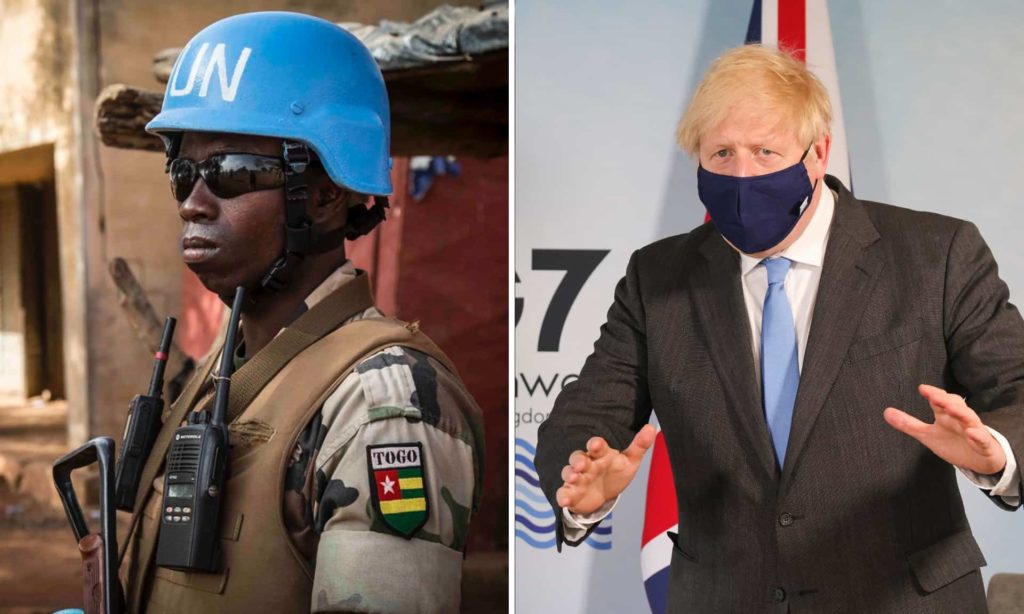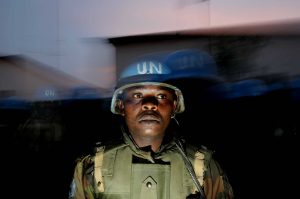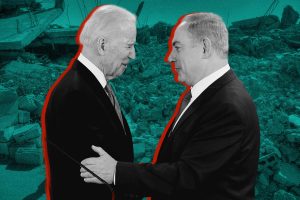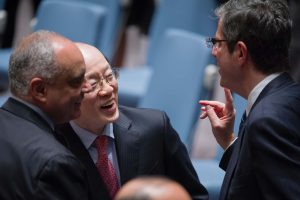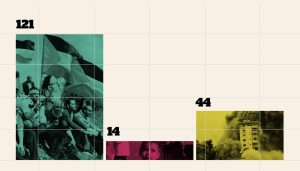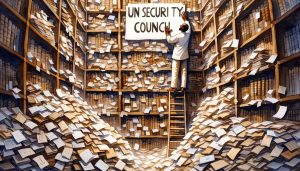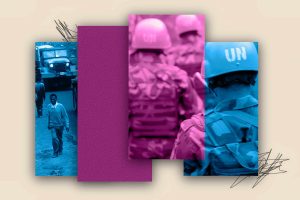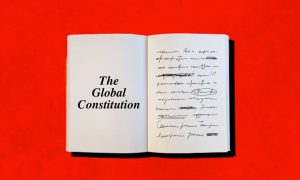Unlike France, the UN must not suspend its peacekeeping operations in Mali
Following Mali’s latest coup on May 24, France decided to stop joint military operations with Malian forces until it is convinced that a civilian government will be returning to power. Some may argue that the UN should also take a step back and suspend its peacekeeping operations rather than indirectly aid a regime that usurped power. This would be a mistake and fortunately one the UN is not prepared to make. After Colonel Assimi Goïta’s first coup of 18 August 2020, the UN spokesperson, Stéphane Dujarric stressed that the mission “must and will continue” and the situation is just as dire now as it was then.
France has over 5,000 troops in the Sahel under its Barkhane Operation which covers Burkina Faso, Chad, Mali, Mauritania and Niger and focuses on fending off jihadist advances. This will continue a little longer, although the French-led Takuba force, launched in March 2020 to train Mali’s army, will be suspended. President Macron also threatened to pull its troops out of Mali completely at the slightest hint of a shift towards radical Islam by the regime.
The UN’s role, first established through an April 2013 Security Council resolution that created the United Nations Multidimensional Integrated Stabilization Mission in Mali (MINUSMA), is different. Its primary aim is to protect civilian populations from the slaughter that is the hallmark of the jihadists and to facilitate political development and the promotion of human rights. It has over 13,000 military and around 2,000 police officers amongst its personnel and to date, it has lost 245 staff in the line of duty. This highlights just how dangerous the situation is and how important it is for the mission to continue.
UN welcomes G7 achievements
This year’s G7 summit was so focused on the COVID-19 crisis, that some have actually labelled it as such. The UN had been calling for a fairer distribution of vaccines for a while now and its response to the G7’s concluding statement, which pledged at least 870 million doses of the COVID-19 vaccines, was very well received by senior UN officials. UNICEF Executive Director Henrietta Fore echoed the optimism
“Equitable access to COVID-19 vaccines represents the clearest pathway out of this pandemic for all of us — children included, and commitments announced by G7 members…are an important step in this direction.
Now all the logistical problems will need to be sorted out, which may prove to be an even bigger challenge…



